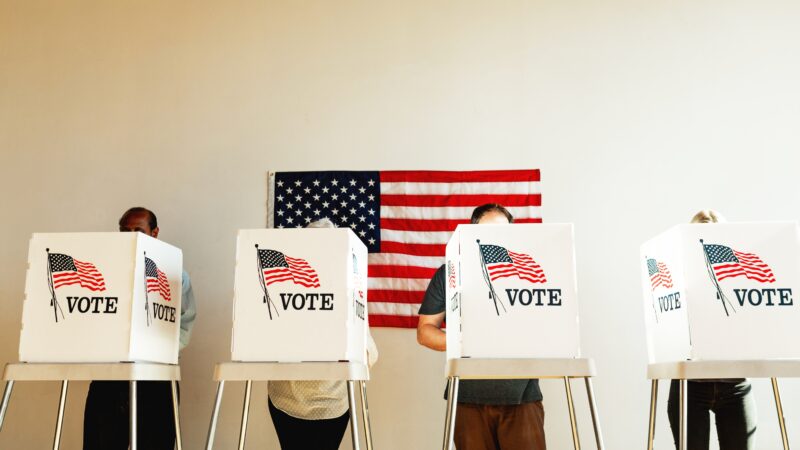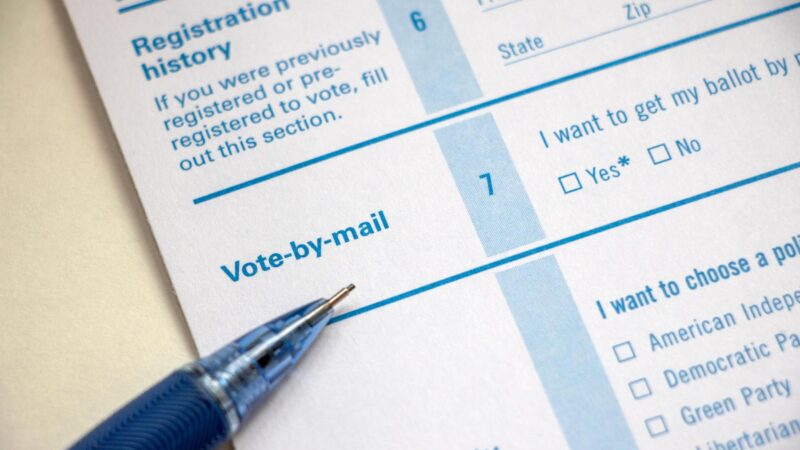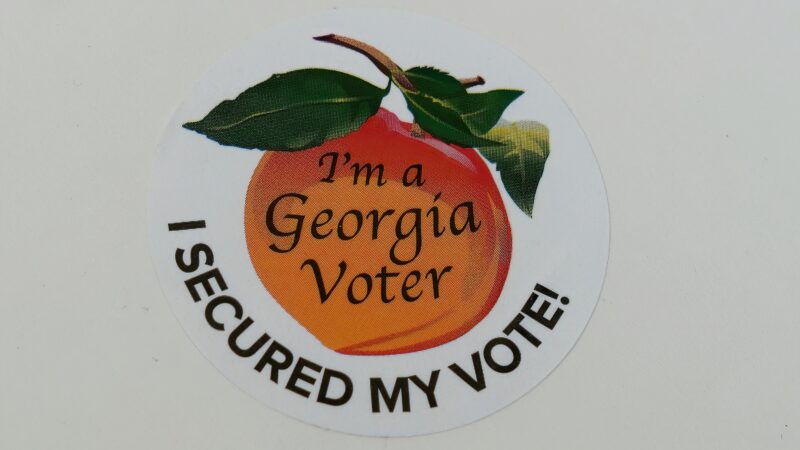Helen White focuses on protecting elections and voting rights and ensuring accountability for abuses of power through litigation and other advocacy strategies.
Conservatives Are Begging the Supreme Court Not to Take Us Into an Elections Abyss
- October 28, 2022
This op-ed was originally published in Slate and Just Security.
As briefing nears its close, the battle lines are emerging in Moore v. Harper—the case in which the Supreme Court will consider whether to adopt some form of the independent state legislature theory. As a refresher, the ISL theory contends that state legislatures may regulate federal elections free of any checks by other state-level actors. So, under the theory, no state constitutional provisions, no state court, and potentially no governor’s veto could constrain a state legislature’s exercise of power over federal elections.
In Moore v. Harper, members of the North Carolina state legislature (the petitioners) are invoking the ISL theory to claim that the North Carolina state courts violated the federal constitution when they found congressional maps drawn by the legislature to violate the state constitution. The respondents include the state of North Carolina, as well as the individual voters and nonpartisan voting rights and democracy organizations that brought the state court suits challenging the maps. Few significant cases before the Supreme Court in recent memory have seen such a broad coalition from across the political spectrum come together on one side—in this case, against the independent state legislature theory.
Read the full article in Slate and Just Security.
Related Content
It can happen here.
We can stop it.
Defeating authoritarianism is going to take all of us. Everyone and every institution has a role to play. Together, we can protect democracy.
Donate
Sign Up for Updates Sign Up for Updates
Explore Careers Explore Careers
How to Protect Democracy How to Protect Democracy



